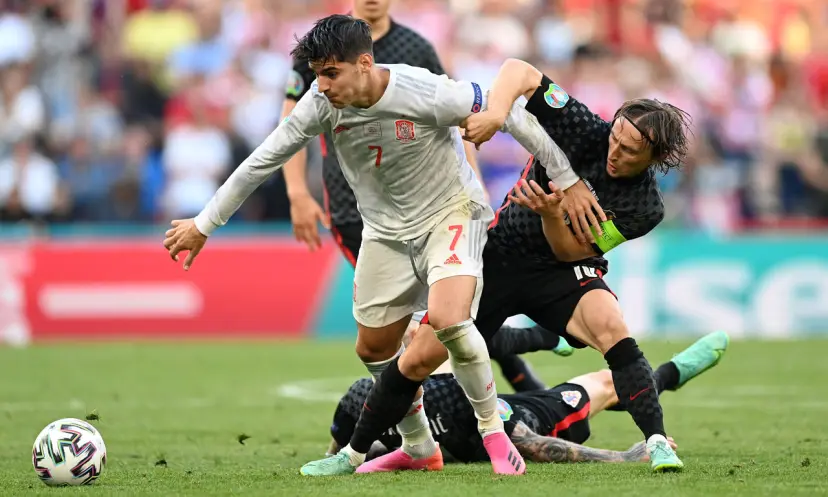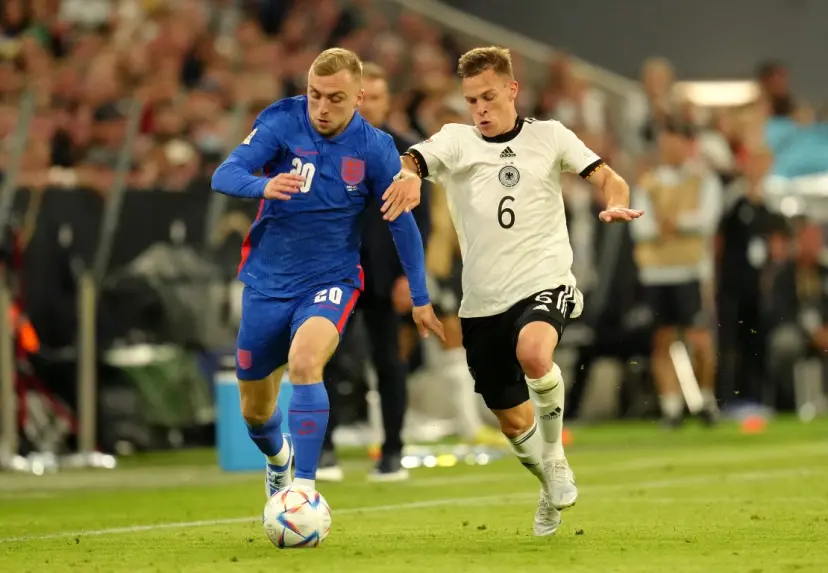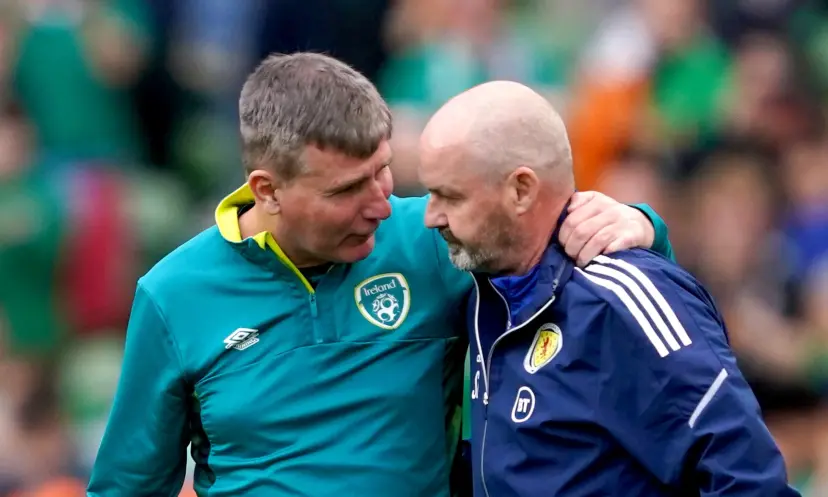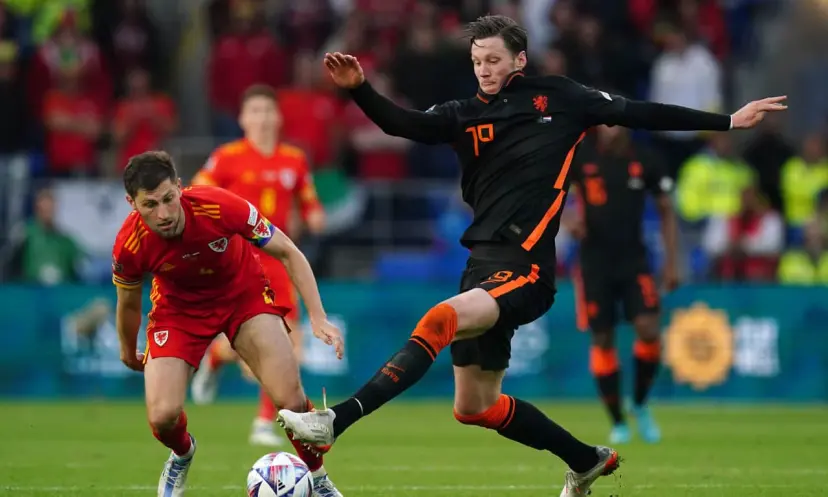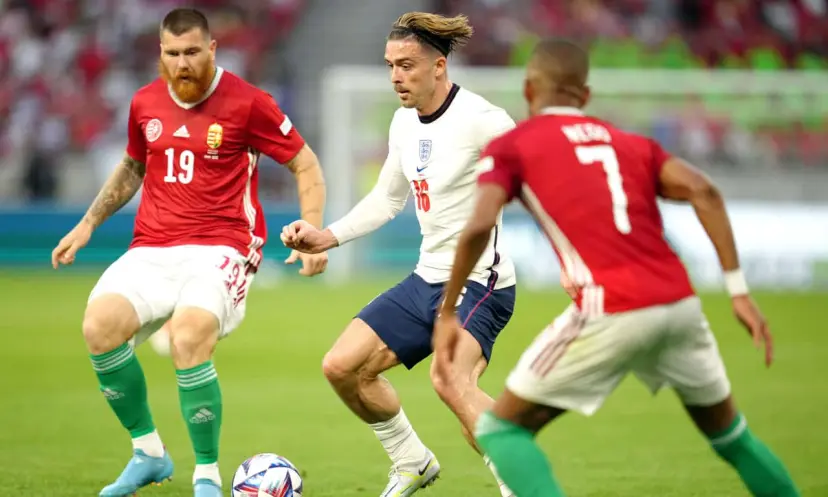The UEFA Nations League Guide
Published: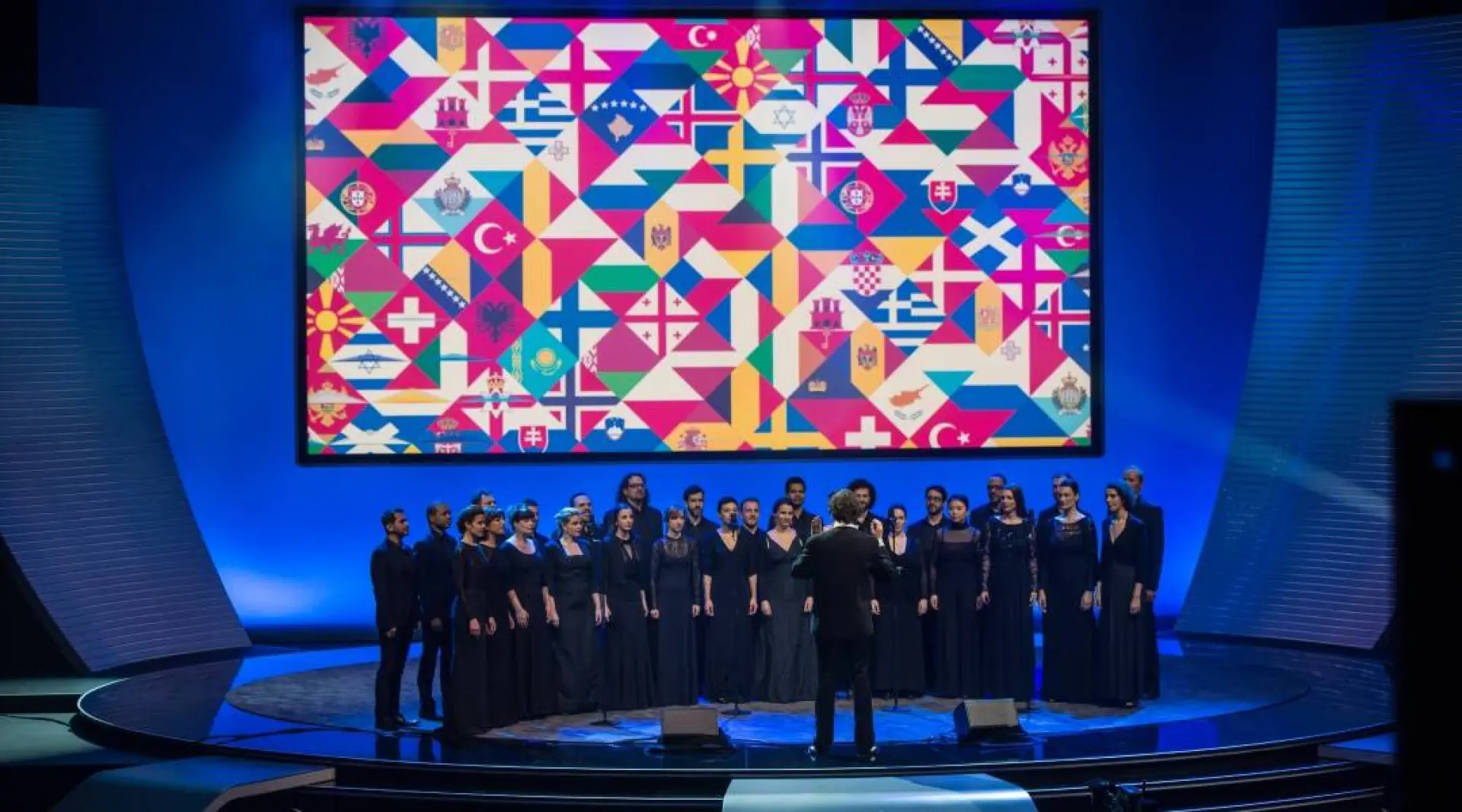
The UEFA Nations League is a new-fangled international tournament that will kick off in September. 55 nations across Europe compete in an innovative competition split across four leagues.
We give you the lowdown on how it all works and who you might see before it comes to a climax in June 2019…
What is the UEFA Nations League?
UEFA’s governing body have re-styled the way we look at international football by introducing a competitive edge to those supposed ‘meaningless’ friendlies during the domestic season.
The tournament will be played in the intervening years between the World Cup and the Euros.
The 55 competing teams will be filtered into four leagues (A, B, C and D), based on their UEFA ranking in November 2017.
In each of these leagues, the teams will be split again. The groups will be divided into three or four teams. Promotion and relegation is included to raise the stakes.
With both the shiny new Nations League trophy up for grabs as well as a spot at Euro 2020, this will hopefully reduce the chances of those ill-fated bore draw friendlies with nothing to play for!
How will it work?
This really is one to get your head around.
Each of the four leagues will be split into their respective groups of three or four
Teams will then play each other twice over the course of 10 weeks from September through to November.
The first match day kicks off from 6-9th September. The showpiece game is France meeting Germany in a blockbuster opener.
We will also see the second match day take place in September, before two apiece in October and November.
The winner of each group in League A will compete for the Nations League trophy in the showpiece finals between the 6-9th June 2019.
This league features the likes of World Cup winners France, Germany, Spain and England.
However, the nation that finishes bottom in each group will be relegated to the league below.
With the Nations League trophy being played out in League A, the remaining Leagues will be playing for promotion and trying to steer clear of relegation. They also have a shot at a place in Euro 2020.
When the cycle finishes in November we will discover who’s gone up a tier and who’s fallen through the trap door.
Who plays whom?
League A features some of the most successful nations in international football.
Germany take on France in the curtain-raiser on Thursday 6th September.
This is followed by 2006 World Champions Italy taking on Poland in Group 3.
Group 2 begins with Switzerland facing Iceland on Saturday evening before England open up their campaign against Spain later that day in Group 4.
The Three Lions, fresh from their semi-final exploits at the World Cup are 10/1 to win the competition. They’re fifth-favourites behind France, Spain, Belgium and the Germans.
Gareth Southgate’s men will face Spain, and then meet World Cup scourges Croatia in their three-team round robin.
As for the other home nations, three of the four feature in League B.
Northern Ireland are drawn against Austria and Bosnia & Herzegovina in Group 3.
Wales face Republic of Ireland in their group. The fixture has featured two 0-0 draws in their last three games, with the Boys in Green grabbing a 1-0 in the World Cup qualifiers.
Denmark also make up the trio.
Scotland are grouped with Albania and Israel in Group 1 of League C.
How does this affect Euro 2020 qualifying?
So the chance to celebrate some silverware is one thing but the more coveted prize to some of these nations is a spot at Euro 2020.
Each league gets four play-off spots for the European Champs.
But 20 teams would have already advanced to the Euros through the separate qualifying campaign.
This is where it could get complicated…
If the winner of each group has already qualified for the tournament then the place will go to the next best team.
This will eventually give sixteen teams a second opportunity to progress to the Euros finals in the summer of 2020.
In March 2020, it’ll be a straight shoot-out with four groups of four battling it out in a one-off semi-final followed by a final.
This will then give us the final four competitors that go to the Euros!
